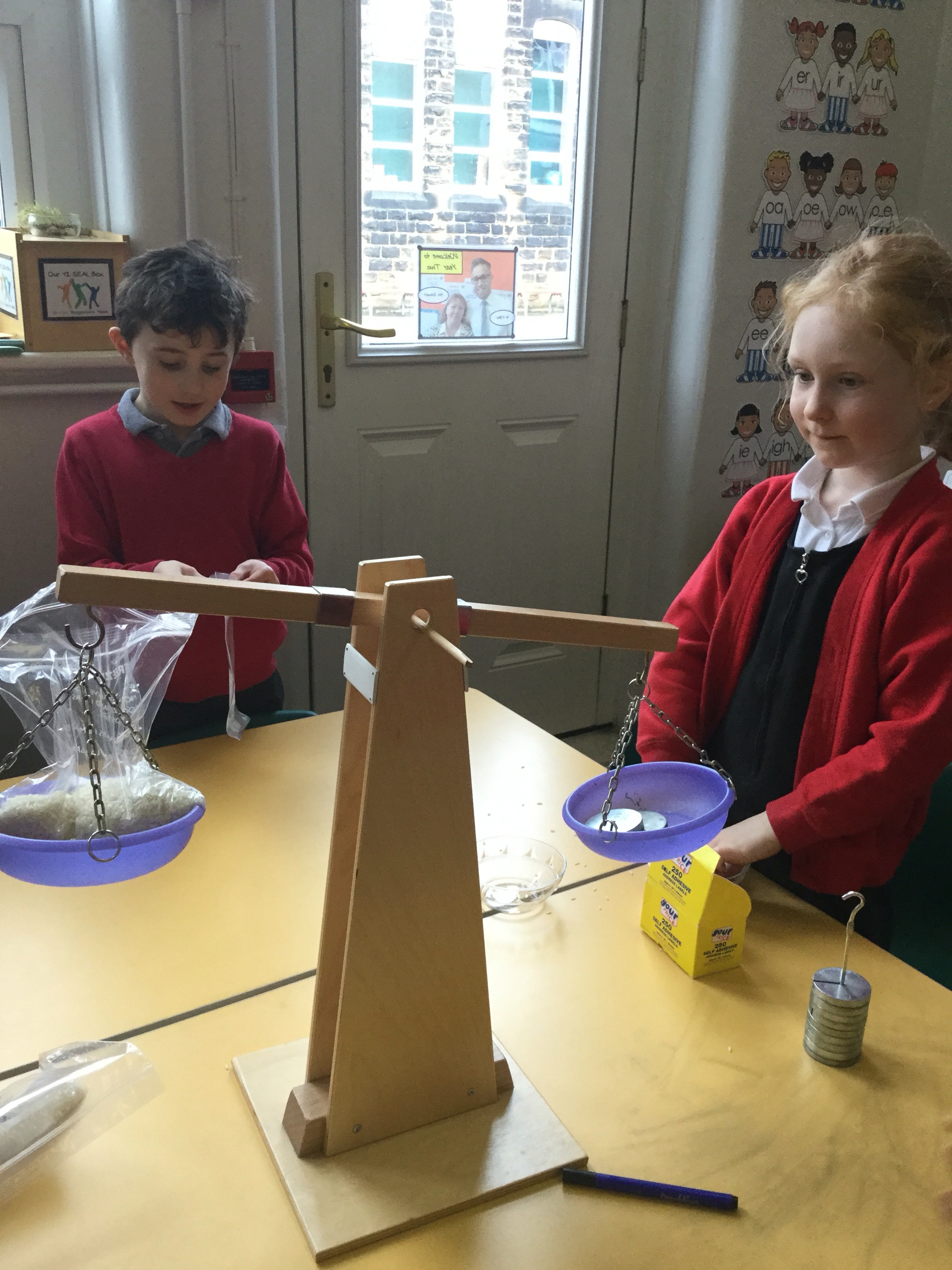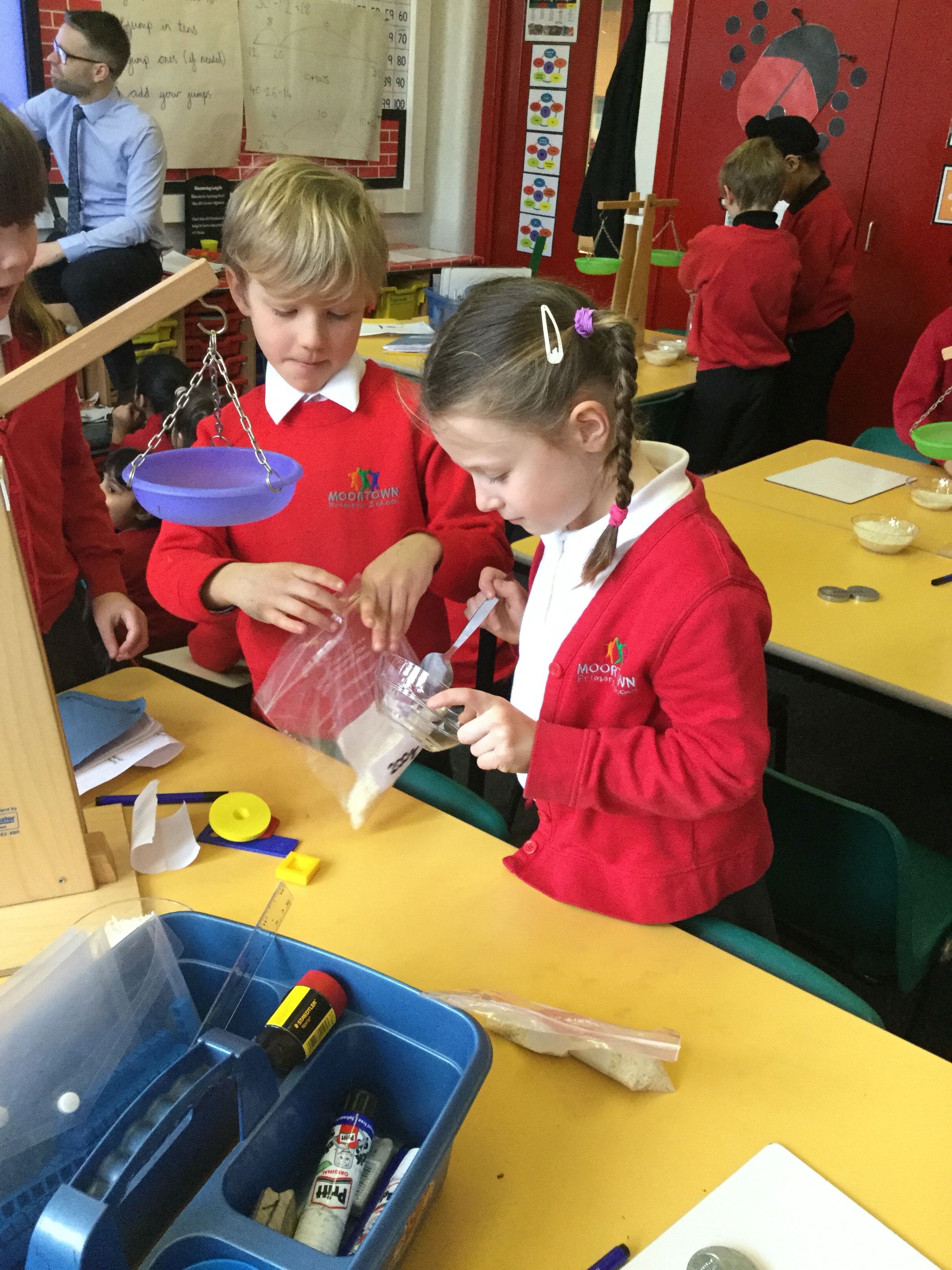Attendance matters…
Our attendance figures are looking good – thanks for your support in ensuring your child is at school.
- Reception: 96.0%
- Year 1: 98.1% – brilliant!
- Year 2: 97.6%
- Year 3: 97.8% – good stuff
- Year 4: 98.2% – fantastic!
- Year 5: 97.4%
- Year 6: 97.7%
The whole school figure is 97.6%. You will find out your own child’s attendance figure at the parent-teacher appointments next week.
Please remember that attendance below 90% is regarded by the Department for Education as persistent absenteeism.
Another congratulations from the DfE
We’ve had a third letter congratulating us!
On 26 January 2015, David Laws MP (Minister of State for Schools) wrote a letter congratulating us on the results for disadvantaged pupils.
On 27 October 2015, Nick Gibb MP (Minister of State for School Reform) congratulated us on very high achievement for pupils in the 2015 Year 1 phonics screening check.
Now, just over twelve months on, we receive a third letter. This time, Sam Gyimah MP (Parliamentary Under Secretary of State for Childcare and Education) sends us congratulations, again for the results of pupils who are entitled to pupil premium – often referred to as disadvantaged pupils. He writes:
It gives me great pleasure to write to you and congratulate your school on winning a local award in the key stage 2 category of the Pupil Premium Awards 2016…
The reason you have been selected is that you are one of the high achieving schools in the country in terms of the attainment and progress of your disadvantaged pupils since 2011. It is clear that you and your staff have provided pupils with a good start in life and prepared them well for secondary school. I would like to congratulate your governors, parents and pupils for their hard work and success, and thank you for your leadership in making such a difference to the future success of your pupils.
We’re very proud of the successes of all our pupils, whether it be those in receipt of pupil premium funding or not. We are always 100% committed to supporting and challenging all pupils in their learning (and in their social and emotional skills, too!). Moortown Primary is a happy and healthy and highly successful place to learn!
05 February 2016
Here are the spellings for this week:
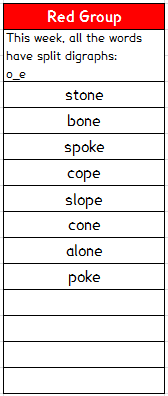
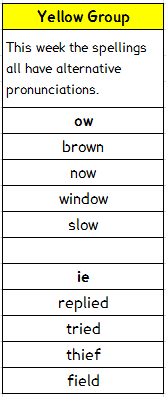
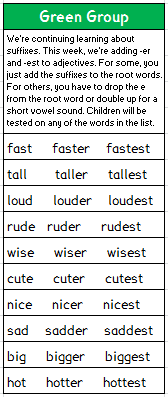
05 February 2016
For all children in Year 1 – Year 6, the homework this week is talk time and is due in on Wednesday 10 February.
I can prepare a speech (School Council elections).
or
I know the importance of voting.
It’s time for children to consider if they would like to stand for election for our new School Council. With two representatives from each class, chosen democratically by their peers, all children at Moortown Primary are encouraged to take an active part in pupil voice.
Elections for our new school council will take place next Thursday 11 February with our polling station and ballot boxes at the ready. Candidates will have the opportunity to give their election speech to their class on Wednesday 10 February.
What makes a good school councillor has been considered by our current school council.
- ‘Communicating with others – pupils and adults.’
- ‘Having good listening skills to know what to contribute in meetings.’
- ‘Thinking of realistic ideas to suggest in meetings.’
- ‘Considering other people’s views even if you don’t agree with them.’
Hints for your speech include:
- What skills and abilities would a good school councillor have?
- What are you particularly good at that would help you to be a great school councillor?
- What do you think would make the school better? What could you do that people would really like?
- Think of things that are realistic, maybe that you could do yourself, rather than having to ask other people to do?
Thank you to our current school councillors for all their ideas and contributions over the last year. We hope you have enjoyed this role and responsibility and you are welcome to stand again for election.
Good luck to all children who decide to stand in the elections.
If you choose not to stand in the election then you should consider the importance of voting.
How’s our Life topic going?
We’re all enjoying learning about ‘Life’. There’s been oceans of learning this week. We began by sorting animals according to criteria we chose ourselves:
- water, land and air
- colour
- deadly, not deadly
- vertebrate, invertebrate
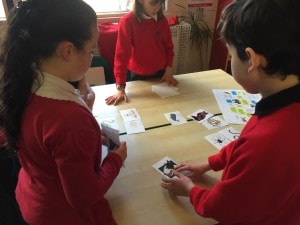
We then had to try to sort them into which class they belonged to: mammal, reptile, amphibian, bird, fish, insect and plant. There were some animals we disagreed with and we had to learn more about these classes to be able to sort them correctly.
We’ve then focused on life in the ocean, looking at what different types of animals live there and finding out the similarities and differences in their life cycles.
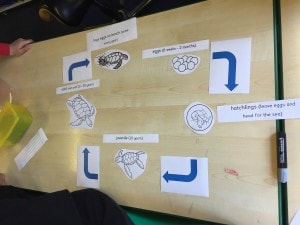
05 February 2016
This week’s Practice Makes Perfect homework focusses on common spelling and punctuation errors.
To write spellings into a sentence.
Common mistakes from our English books are:
- incorrect use of their, there and they’re
- mixing where and wear
- incorrect use of the apostrophe for were and we’re
Along with this, we’d benefit from learning more about how to use its and it’s correctly and generally become more confident using apostrophes correctly.
The homework highlights these errors and provides a way of practising them.
This homework is due on Wednesday 10 February.
Mindfulness in Reception
We’ve had a very mindful morning in Reception.
As part of our learning in SEAL (Social and Emotional Aspects of Learning), we’ve been considering different emotions and how to recognise these feelings in ourselves and others.
When thinking about the emotion of anger we thought about what someone would need to do if they felt angry.
One way to calm down and focus the mind is the starfish meditation and we all had a go.
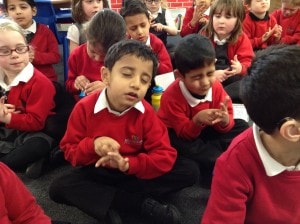
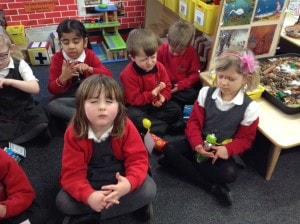
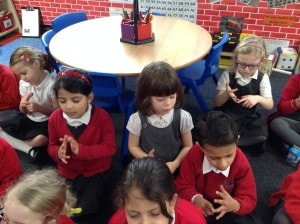
Starfish Hand Meditation
This is a great way to divert and refocus the mind.
- Spread your fingers out like a starfish on one hand.
- Take your finger from the other hand and trace around your fingers and hand.
- As you do this, concentrate on only how it feels and let other thoughts float away.
- Continue until you feel relaxed and calm.
At the end of our PE lesson we had some focussed time and practised finger sticks. Finger sticks, another mindfulness technique, involves co-operation, trust, concentration and focus. There was some great partner work.
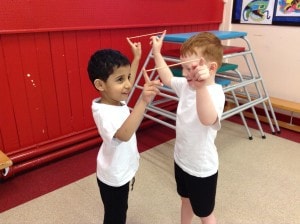
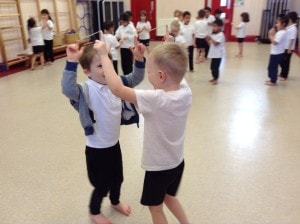
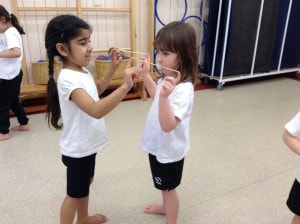
Meanwood Park orienteering
This week, linking with their learning about owls, Year 3 helped to create two of the owl markers for a new orienteering project at Meanwood Park.

Further details about the trail will follow once the rest of the owls, from other local schools, are ready and in place.
A moment of mindfulness
After a busy lunchtime, Year 2 had a moment of mindfulness to get focussed for the afternoon’s learning.

Starfish Hand Meditation
This is a great way to divert and refocus the mind.
- Spread your fingers out like a starfish on one hand.
- Take your finger from the other hand and trace around your fingers and hand.
- As you do this, concentrate on only how it feels and let other thoughts float away.
- Continue until you feel relaxed and calm.



